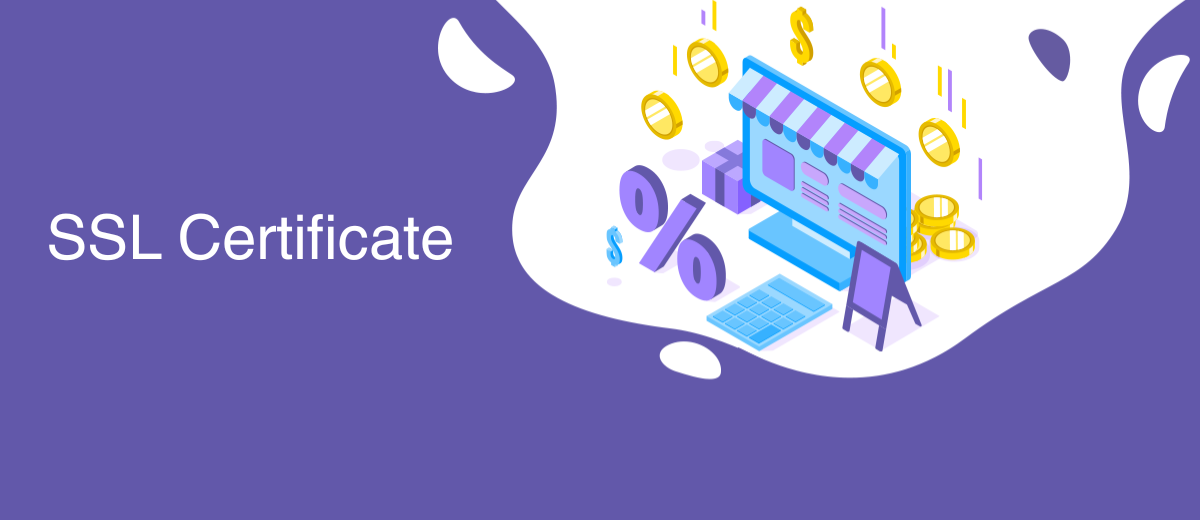SSL Certificate
An SSL (Secure Sockets Layer) certificate is a digital certificate that authenticates the identity of a website and enables an encrypted connection between a web server and a client, typically a web browser. SSL certificates are essential for ensuring secure data transmission over the internet, particularly for sensitive information such as login credentials, personal data, and financial transactions. In 1999, SSL was succeeded by TLS (Transport Layer Security), but the term "SSL" is still commonly used to refer to TLS certificates.
SSL certificates are issued by Certificate Authorities (CAs), which are trusted organizations responsible for verifying the identity of the certificate holder and the legitimacy of their website. When a user visits a website with an SSL certificate, the user's browser checks the certificate's validity, ensuring that it was issued by a trusted CA and has not expired or been revoked.
There are three main types of SSL certificates: Domain Validation (DV), Organization Validation (OV), and Extended Validation (EV). DV certificates verify domain ownership, while OV and EV certificates also require verification of the organization behind the domain. EV certificates undergo the most rigorous validation process and display the organization's name in the browser's address bar, increasing user trust.
- Automate the work of an online store or landing
- Empower through integration
- Don't spend money on programmers and integrators
- Save time by automating routine tasks
SSL certificates use public key cryptography, which involves a pair of keys: a public key and a private key. The public key is used to encrypt data, while the private key is used to decrypt it. Only the website's server has access to the private key, ensuring that data can only be decrypted by the intended recipient.
When a website has an SSL certificate, the browser displays a padlock icon in the address bar, indicating a secure connection. Additionally, the website's URL will begin with "https://" instead of "http://", with the "s" standing for "secure."
In summary, SSL certificates play a crucial role in protecting user data and maintaining trust between users and websites, making them an essential component of internet security.
Back Home eCommerce Encyclopedia
Set up integration without programmers – ApiX-Drive
Articles about marketing, automation and integrations on our Blog


